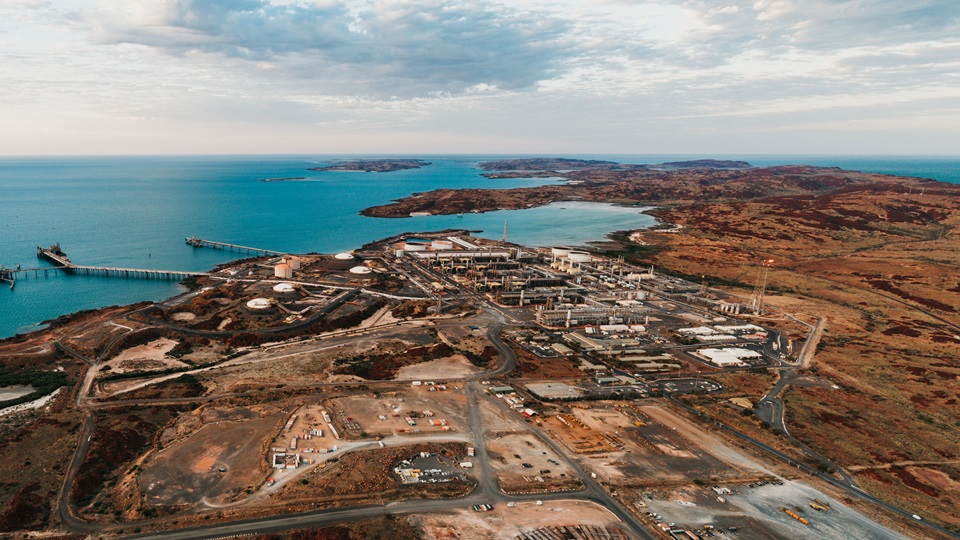This story requires a subscription
This includes a single user license.
After six years of assessment and appeals, this is a “critical” step in the approvals process to underpin the ongoing operation of the North West Shelf project so it can continue to deliver energy locally and globally, Woodside said on Thursday.
The decision recommences the Federal environmental approvals process, which was paused while appeals were being considered.
It extends the project’s life until 2070.
Woodside executive VP and COO Australia Liz Westcott said the approval of the North West Shelf project extension is an “important” step to enable the long-term processing of North West Shelf JV field resources and third-party gas resources through the Karratha gas plant.
“This year we are celebrating 40 years of domestic gas production from the Karratha gas plant and 35 years of LNG exports,” Westcott said.
“We look forward to the finalization of the Federal approval process to provide certainty around the ongoing operation of the North West Shelf project,” she said.
As part of the approval, the North West Shelf committed to a range of environmental management measures, including a “significant” reduction in air emissions such as oxides of nitrogen and volatile organic compounds as well as greenhouse gas emissions management measures to reduce emissions over time, Woodside said.
Since commencing operations in 1984, the North West Shelf project has supplied more than 6,000 petajoules of domestic gas, powering homes and industry in Western Australia, according to Woodside.
Declining supplies
In August, Woodside said it was preparing to shut one of the five trains at its North West Shelf LNG terminal due to declining natural gas supplies.
The plant has five LNG trains, launched between 1989 and 2008, with a capacity of 16.9 million tonnes per year and most of these volumes supply customers in Japan.
In September 2022, the Woodside-operated Karratha gas plant, part of the North West Shelf project, shipped its 6000th cargo of LNG.
The facility also has domestic gas trains, condensate stabilization units, and LPG units.
Australia’s oldest LNG plant has been liquefying gas from fields located off the north-west coast of Australia since 1989.
However, these fields are slowly running out of gas and the project is now shifting its focus towards a different business model aimed at processing gas from third parties.
Back in 2022, Woodside started sending gas from its Pluto offshore field to the LNG plant at Karratha.
This accelerated production of Pluto gas followed the start-up of the Pluto-KGP interconnector.
Woodside operates both the NWS and Pluto LNG facilities. Its partners in NWS include BP, Chevron, Japan Australia LNG, and Shell.

